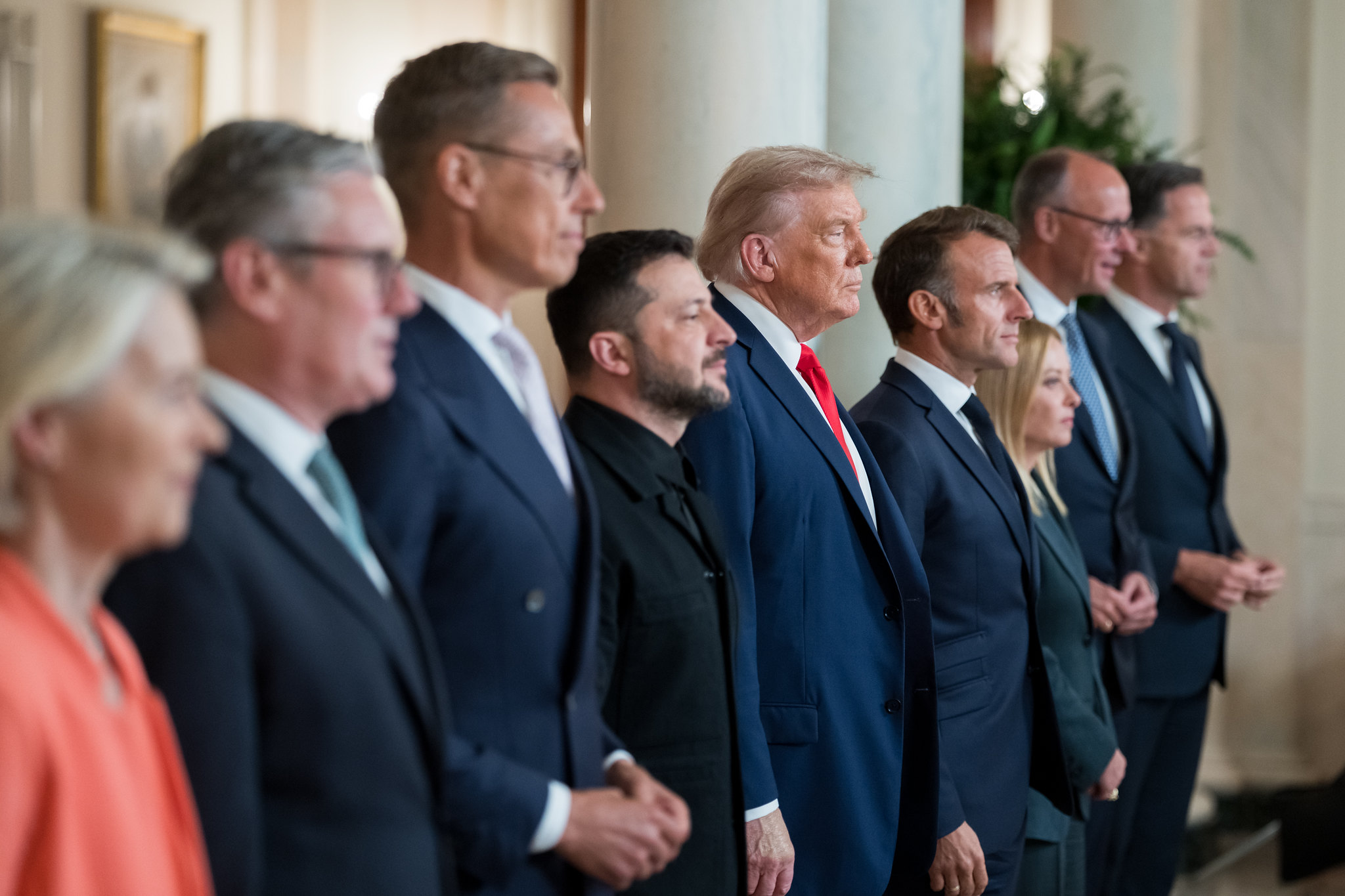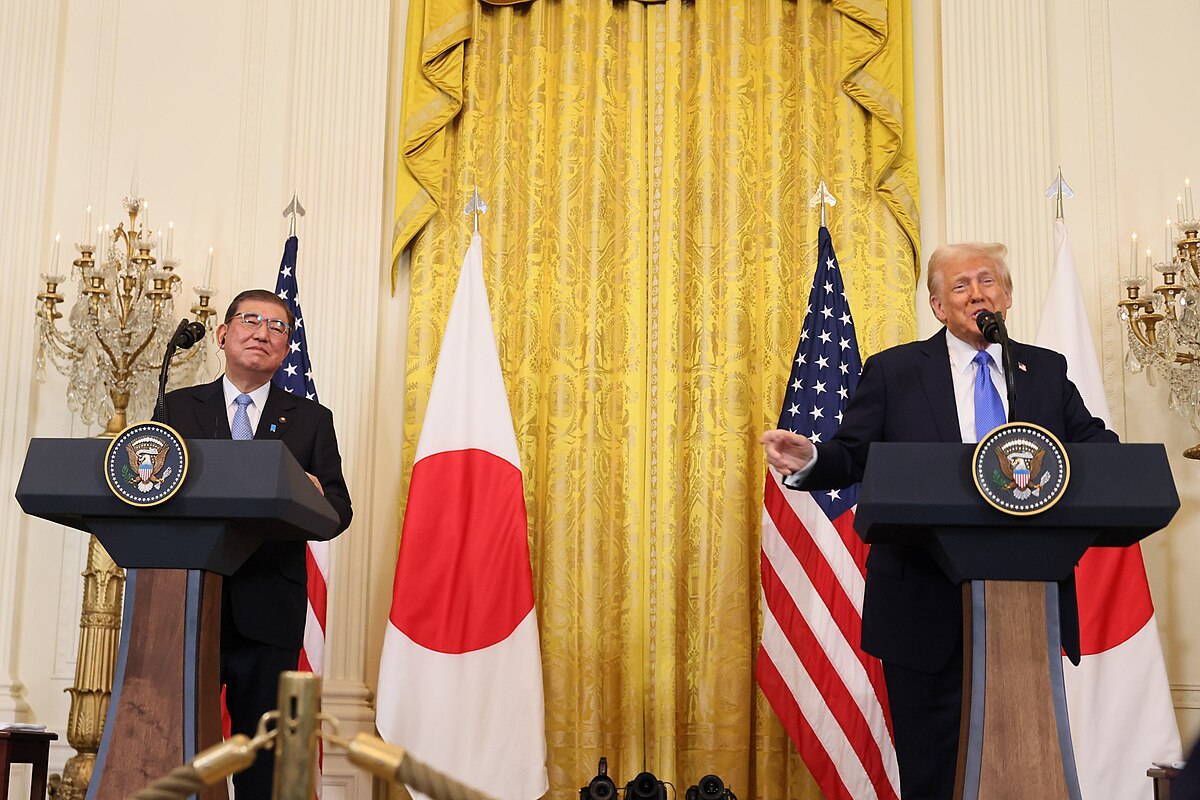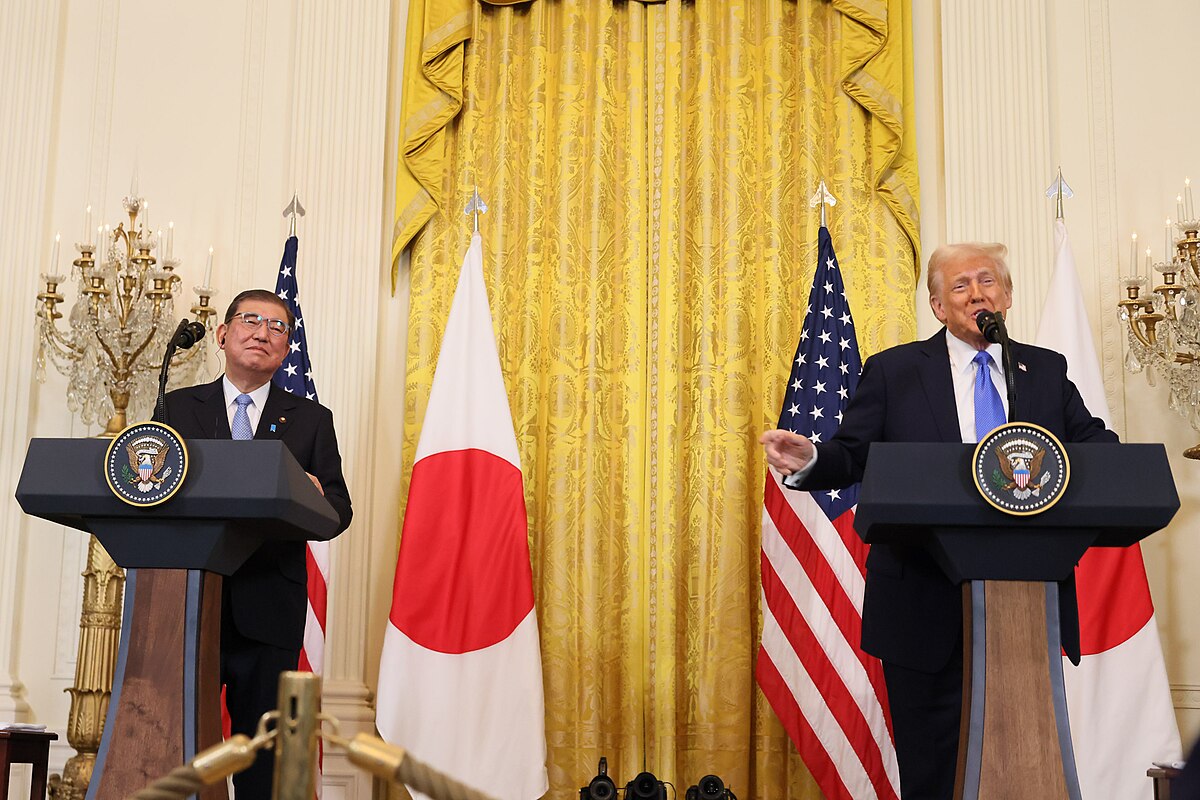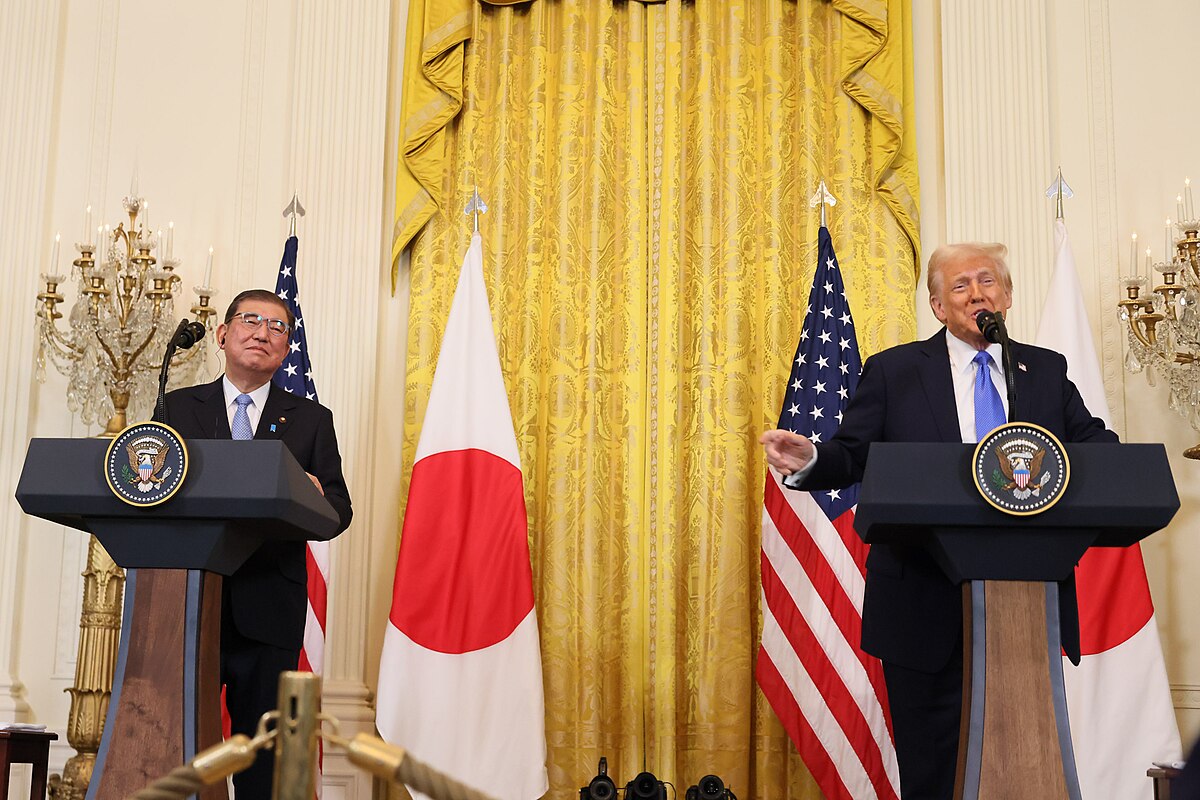European leaders are facing increasing pressure to take a more active role in providing security guarantees for Ukraine amid ongoing conflict with Russia. This call to action comes as the United States, under both President Donald Trump and President Joe Biden, has been hesitant to commit American forces to defend Ukraine against further Russian aggression.
The backdrop of this situation is a three-and-a-half-year conflict that has seen Ukraine seeking assurances from international allies. Kyiv has made it clear that it desires security guarantees to deter future Russian invasions. However, both Trump and Biden have refrained from pledging U.S. military involvement, leaving Ukraine in a precarious position.
French President Emmanuel Macron emphasized the urgency of the situation, stating, “Our Europe could die,” highlighting the critical nature of Ukraine’s security for European stability. Macron’s remarks were echoed by other European leaders, including Italy’s Giorgia Meloni and Germany’s Friedrich Merz, who collectively called for “ironclad security guarantees” to protect both Ukraine and European interests.
Despite these declarations, European nations have shown reluctance to fully commit to military support. A recent joint announcement from several EU leaders indicated a willingness to play an active role in security guarantees but fell short of concrete commitments. Critics argue this reflects a longstanding pattern of European reliance on U.S. military support.
Historically, U.S. leaders have expressed frustration over European nations’ reluctance to shoulder their own defense responsibilities. President Dwight D. Eisenhower famously remarked on the issue in 1959, indicating that European inaction was making a “sucker out of Uncle Sam.” This sentiment has persisted through decades of U.S. foreign policy, particularly during the Cold War and beyond.
Currently, Germany, which has the largest economy in Europe, has stated that its military resources are stretched thin, limiting its ability to deploy forces to Ukraine. Despite plans to increase defense spending to over €100 billion annually, Germany’s single brigade in Lithuania has been cited as a constraint on its military commitments elsewhere.
Italy, under Meloni’s leadership, has also been vocal about the need for stronger security measures for Ukraine. However, Italian officials have indicated that troop contributions to support security guarantees are unlikely, raising concerns about the overall European commitment to Ukraine’s defense.
The situation presents a dilemma for the Trump administration, which must decide whether to continue investing heavily in European security or to push European nations to take the lead in supporting Ukraine. Some analysts suggest that the U.S. should not bear the primary burden of defending Europe, especially when European countries have the resources to do so themselves.
As the conflict in Ukraine continues, the call for Europe to step up is becoming increasingly urgent. The path forward may require a shift in strategy, with the U.S. potentially demanding that European nations take more responsibility for their own security and that of Ukraine. This approach could redefine the dynamics of transatlantic relations and the future of NATO’s role in European security.
Dan Caldwell, a former senior advisor to the Secretary of Defense, and Justin Logan, director of defense and foreign policy studies at the Cato Institute, have both highlighted the importance of European nations taking a more proactive stance. They argue that relying on the U.S. to secure European interests undermines the long-term stability of the region.
As discussions continue, the effectiveness of European unity and commitment to Ukraine’s security will be closely monitored by both allies and adversaries alike.
READ Example headline with a colon: quoted to be YAML-safe



